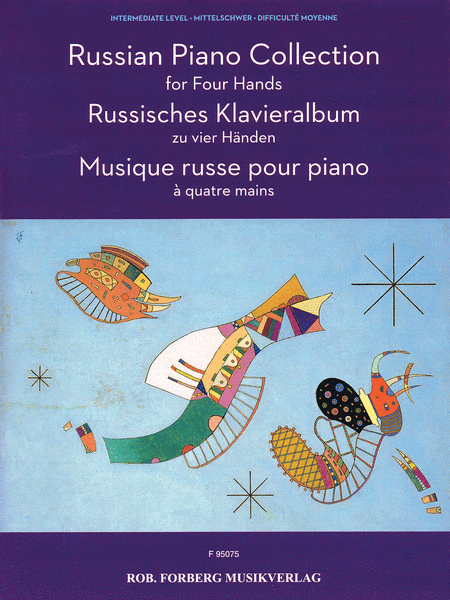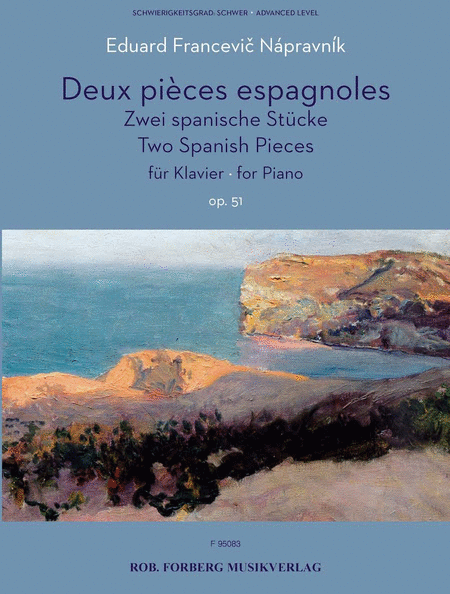Eduard Nápravník (1839 - 1916)
 Rép. tchèque
Rép. tchèque
 Rép. tchèque
Rép. tchèqueEduard Francevič Nápravník (Russian: Эдуа́рд Фра́нцевич Напра́вник; 24 August 1839 – 10 November 1916[1]) was a Czech conductor and composer, who settled in Russia and is best known for his leading role in Russian musical life as the principal conductor of the Imperial Mariinsky Theatre in Saint Petersburg for many decades. In tha ... (Read all)
Source : Wikipedia
Source : Wikipedia
FREE SHEET MUSIC
- Sonate
Active criterias:
Search
| |||||||||||||||||||||||||||||||||||















